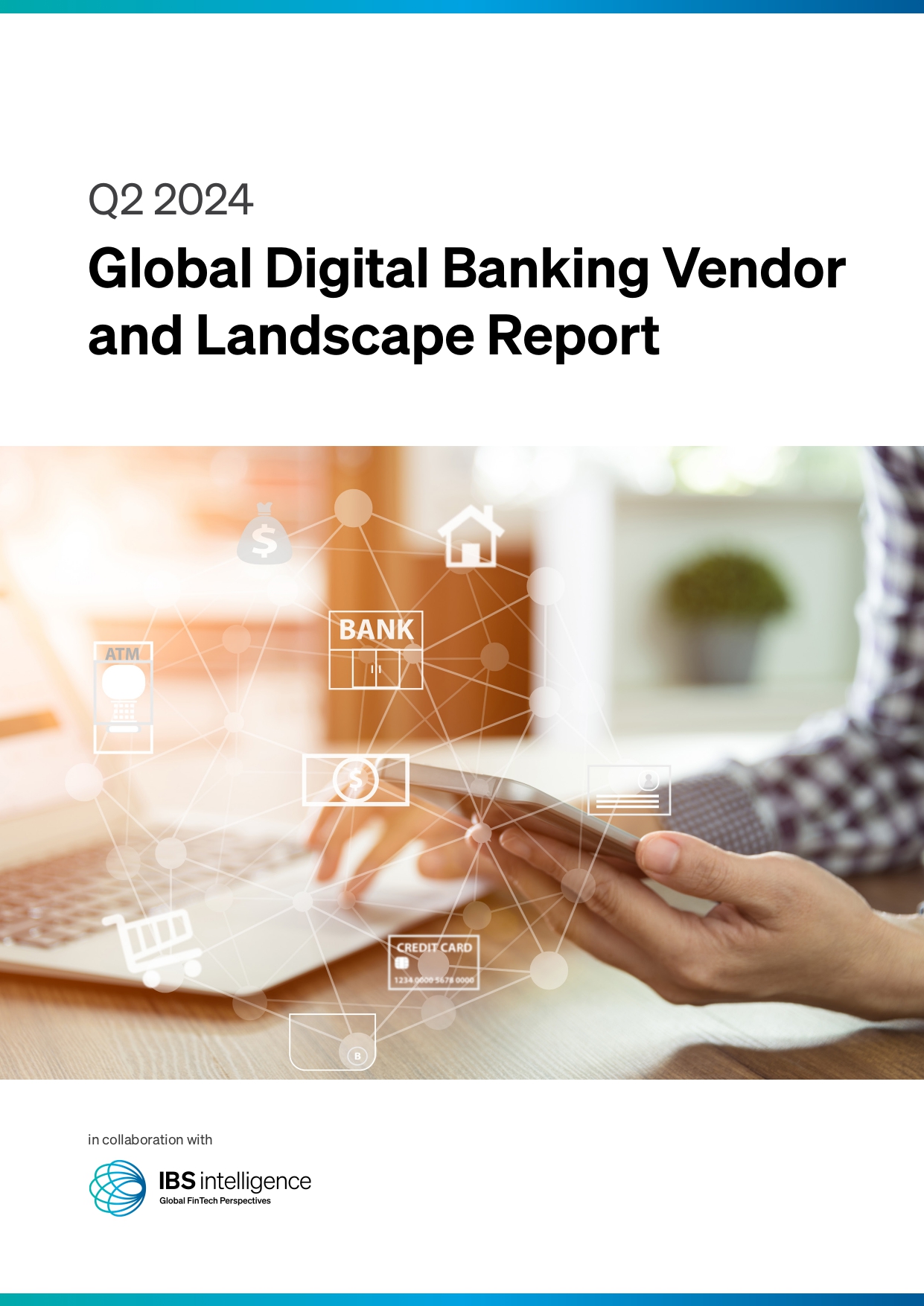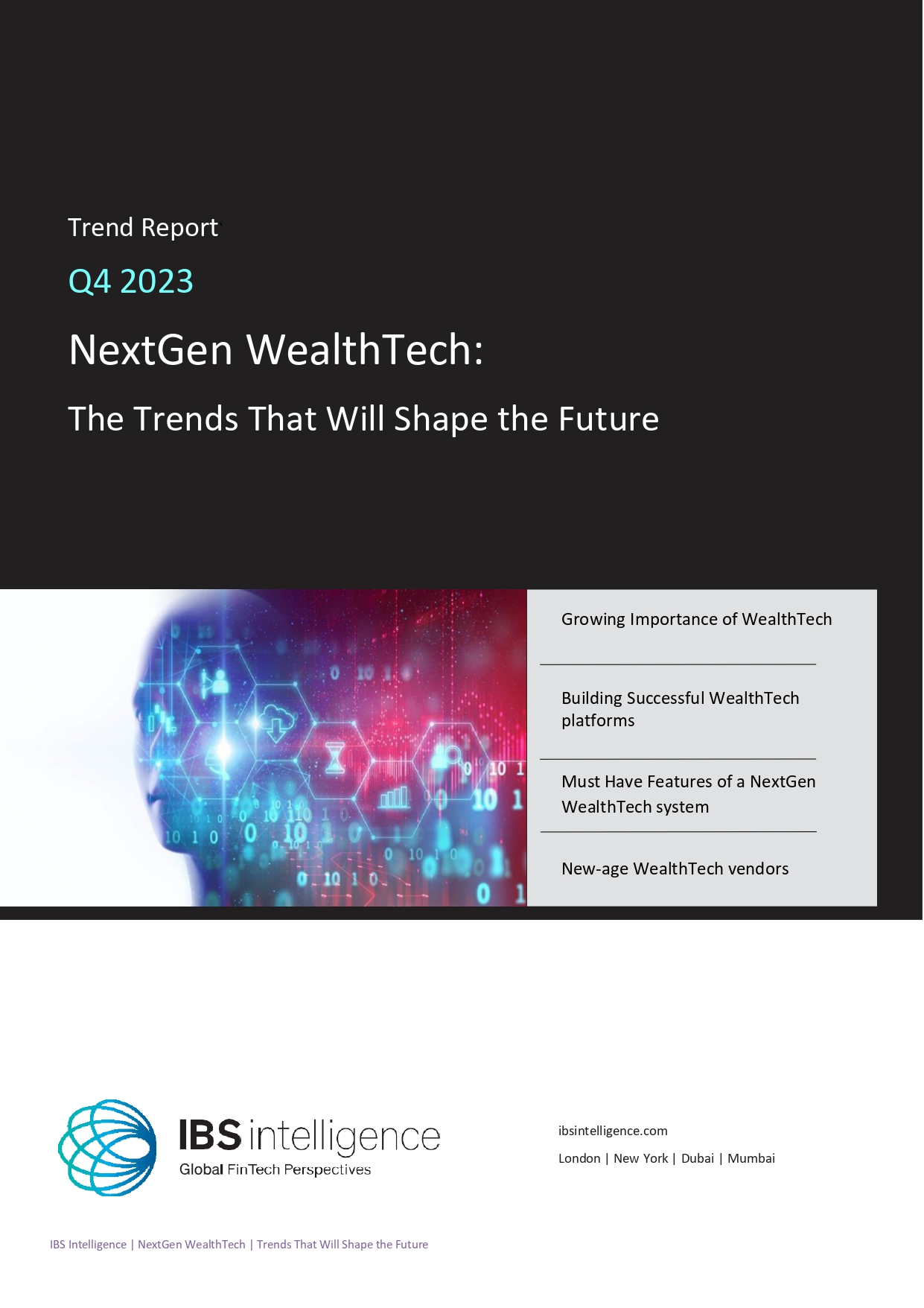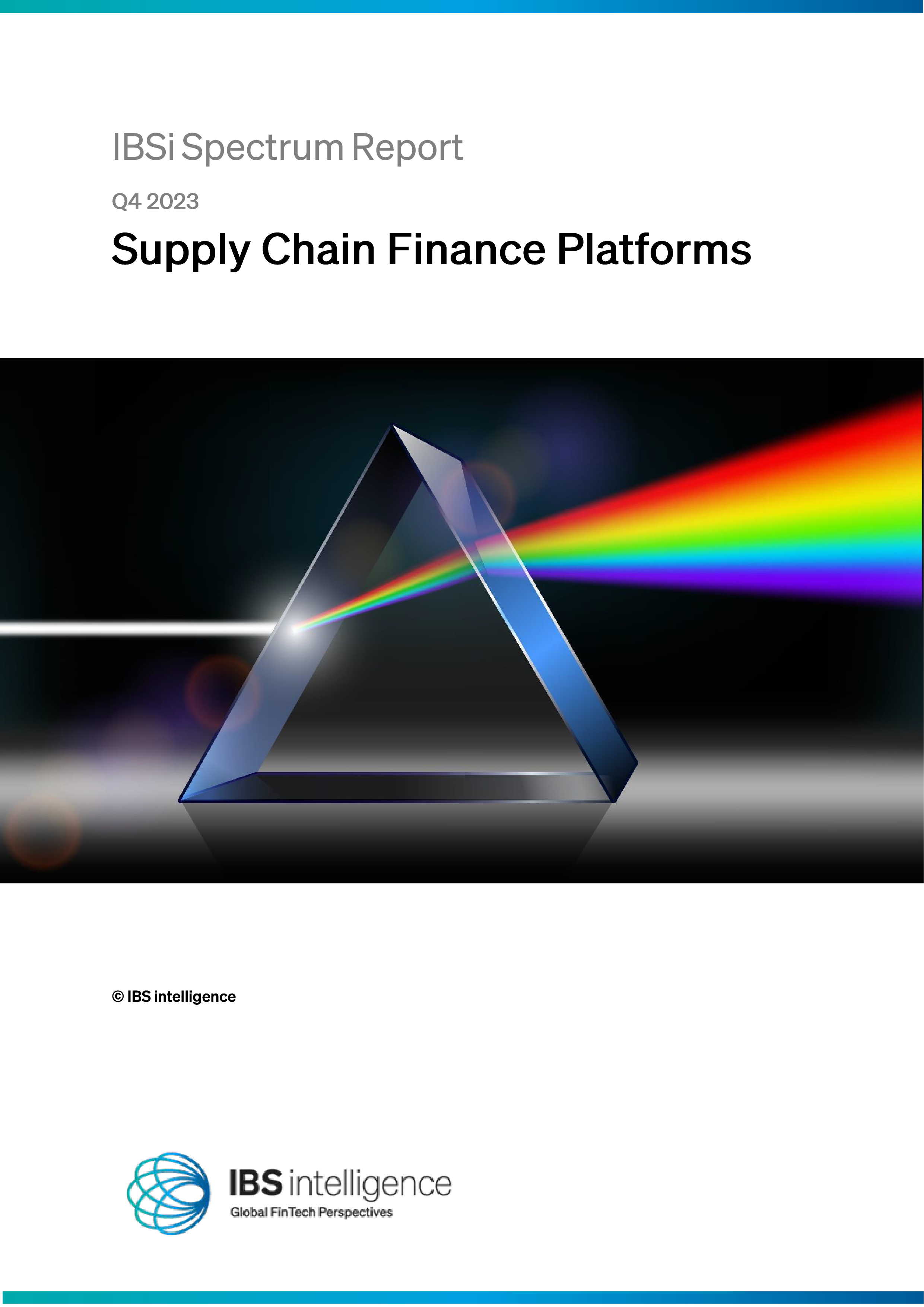From experimentation to business value: four ways GenAI can transform financial services
By Bhupendrakumar Panchal, Project Director – Financial Services at Hexaware Technologies.

Over the past year, the buzz around generative AI (GenAI) has steadily intensified, with many businesses eagerly embracing its potential. Although financial services firms have taken a typically considered, steady approach toward emerging technologies, the sector has been surprisingly quick to get on board. This is perhaps because, as research from The University of Cambridge and the World Economic Forum has found, most (85%) financial services organisations already use AI in some capacity. As a result, many of them have naturally felt comfortable starting to explore GenAI.
This departure from the norm marks a notable shift in the industry’s response to new technologies. The transition to the cloud is a prime example: a combination of complicated legacy technologies and concerns around data sovereignty and security held financial services firms back from the wholesale adoption that many other industries saw five to ten years ago. Some may have expected similar barriers and potential threats to have delayed the adoption of Gen AI. Still, clearly, financial IT leaders understand that the rewards far outweigh the possible risks. McKinsey suggests that among knowledge-based industries, banks stand to benefit the most from Gen AI, potentially increasing revenues by up to five percent.
Financial services organisations are now in a race to progress from the experimental phase and discover solid use cases for GenAI to unlock value and avoid missing out on the first-mover advantage.
Channelling the power of generative AI
As we are still in uncharted territory, it can take time for financial services organisations to figure out where to start with generative AI. Teams may have been familiarising themselves with different tools and their capabilities in recent months, but they need solid use cases to unlock tangible benefits. Here are four ways generative AI can transform financial services.
- Reimagining the operational landscape with the use of NLP, NLG, and NLU capabilities of Gen AI.
At a top level, generative AI can reduce operational spending by automating major front-, middle-, and back-office operations.
Front office: For instance, analysing financial statements in their entirety coupled with analyst meet videos can create an intelligent summary for portfolio managers. Gen AI can reduce the time teams take to process data-driven investment decisions and document management manually.
Middle office: Generative AI can enhance the understanding of regulatory changes and aspects of compliance that need to be incorporated for regulatory reporting.
Back office: Client reporting has a summary of portfolio performance reporting. GenAI can analyse the impacts of the macro/micro factors, global events, aspects of asset allocation, and portfolio managers’ decision-making to summarise the performance.
- Modernising legacy systems
Financial institutions are often reluctant to leave legacy systems behind, limiting the opportunity to scale and innovate. Using automated code refactoring and optimisation, Generative AI can help them to modernise these legacy systems. This enables them to analyse millions of lines of code, identify inefficiencies, and automatically rewrite them, driving performance and reliability. Through intelligent mapping, refining, and integrating data across different legacy systems and platforms, GenAI enables a smooth and seamless modernisation journey.
- Accelerating software product development
Generative AI models are reshaping software product development in financial institutions. AI models trained on extensive code repositories can analyse large datasets, learn patterns, and generate code autonomously. This frees up developers’ time for more productive tasks such as fixing bugs or human errors or addressing technical debt.
Also, financial institutions that bake automated code generation into their systems can expedite the development of new products and services – thereby boosting innovation on a business level.
- Boosting sales and marketing services
Generative AI can dramatically enhance sales revenues, driving real growth for financial services. By developing highly personalised customer interactions through chatbots and virtual assistants, analysing portfolio performance, and providing real-time market updates, Gen AI can boost overall client engagement and retention. It will be critical for financial services organisations to ensure that their Gen AI strategy can maintain a high level of positive customer interaction.
Laying the groundwork
As financial services organisations identify and develop use cases that drive tangible business outcomes, they will unlock the value GenAI promises to bring. Automation, enhanced customer experience, and focusing on empowering workforces to drive innovation are key factors that will give early adopters an advantage. That’s why financial services organisations must progress from the sandbox to practical use cases as quickly as possible – the race is on.
IBSi News
- Daily insightful Financial Technology news analysis
- Weekly snapshots of industry deals, events & insights
- Weekly global FinTech case study
- Chart of the Week curated by IBSi’s Research Team
- Monthly issues of the iconic IBSi FinTech Journal
- Exclusive invitation to a flagship IBSi on-ground event of your choice
IBSi FinTech Journal

- Most trusted FinTech journal since 1991
- Digital monthly issue
- 60+ pages of research, analysis, interviews, opinions, and rankings
- Global coverage
Other Related Blogs
July 10, 2024
When cyber criminals log in, but don’t break in, is your data still data secure?
Read MoreJuly 05, 2024
From self-governance to sustainable growth: how the SRO-FT empowers India’s FinTech revolution
Read MoreRelated Reports

Sales League Table Report 2024
Know More
Global Digital Banking Vendor & Landscape Report Q2 2024
Know More
NextGen WealthTech: The Trends To Shape The Future Q4 2023
Know More
IBSi Spectrum Report: Supply Chain Finance Platforms Q4 2023
Know More

